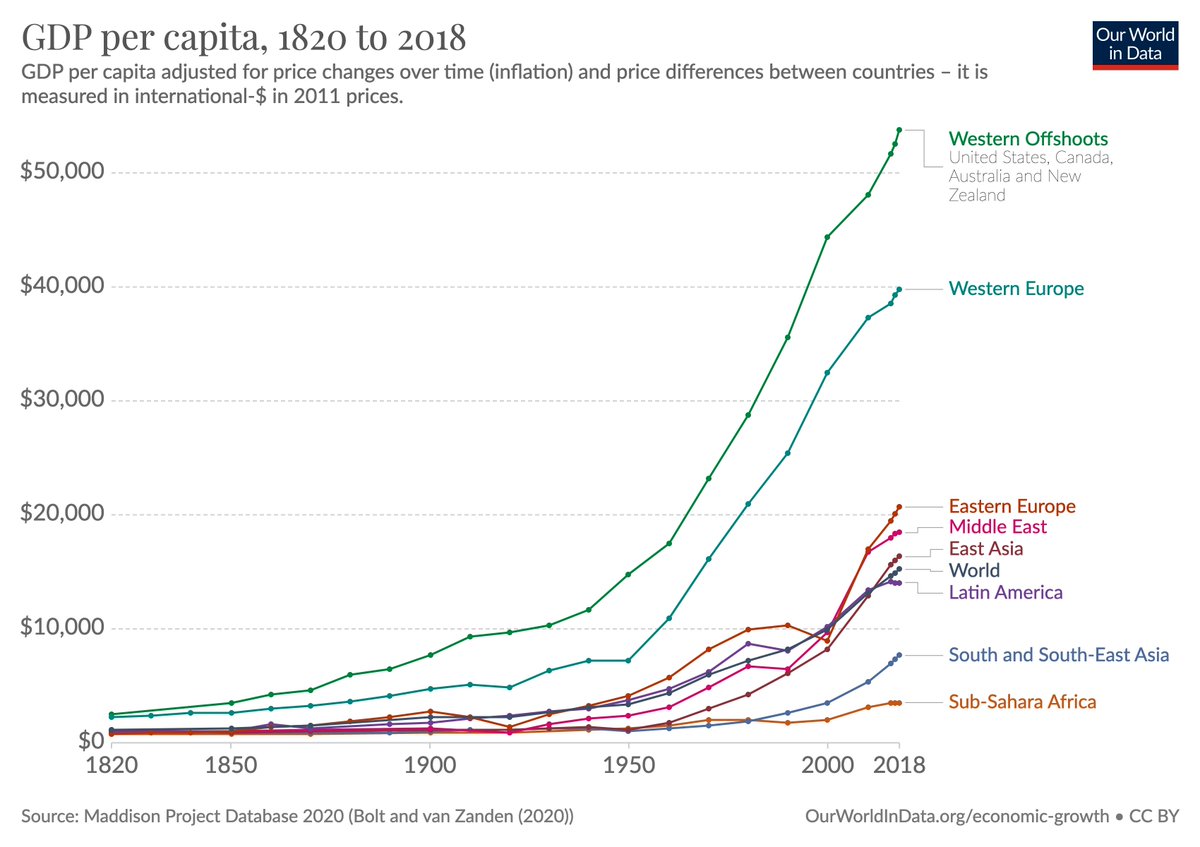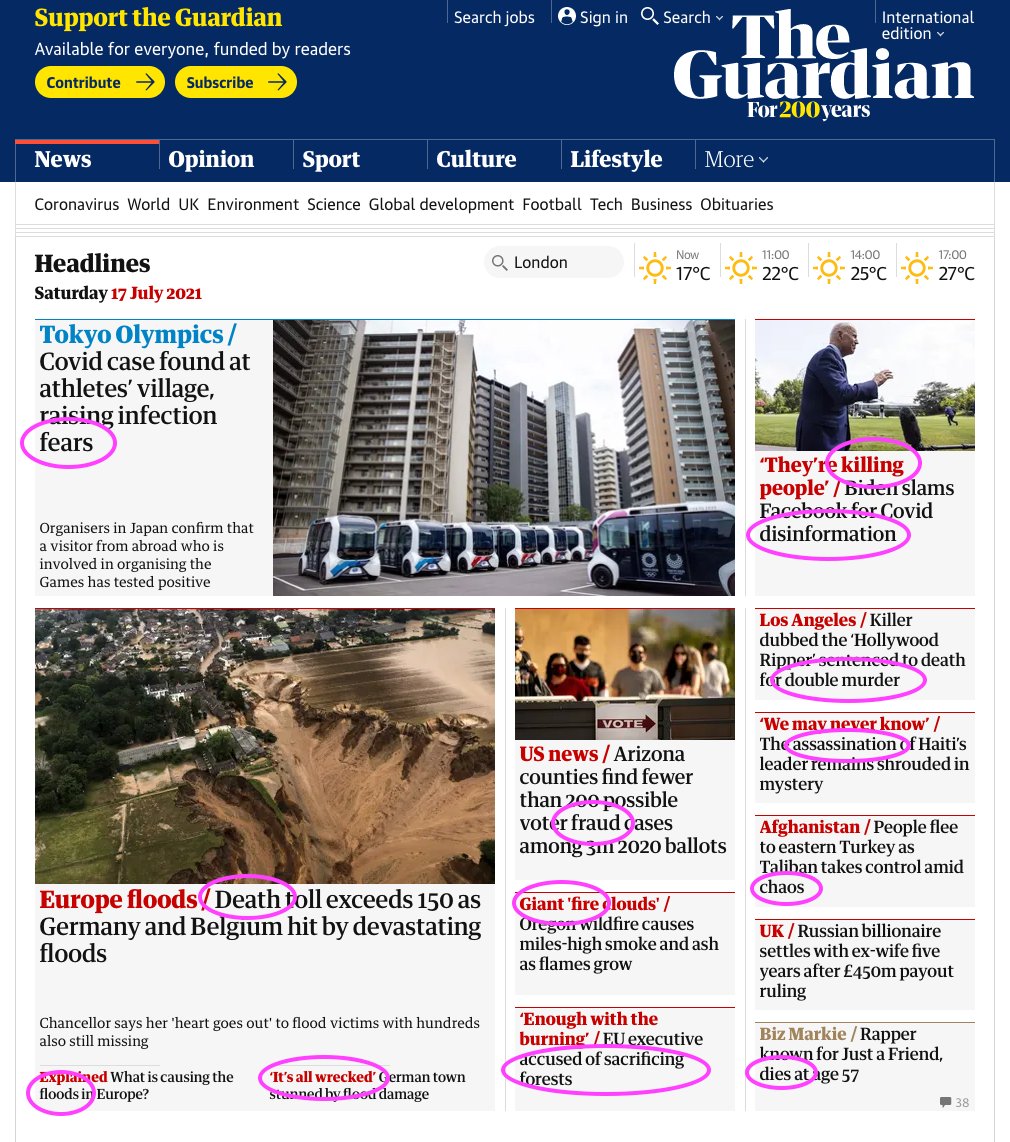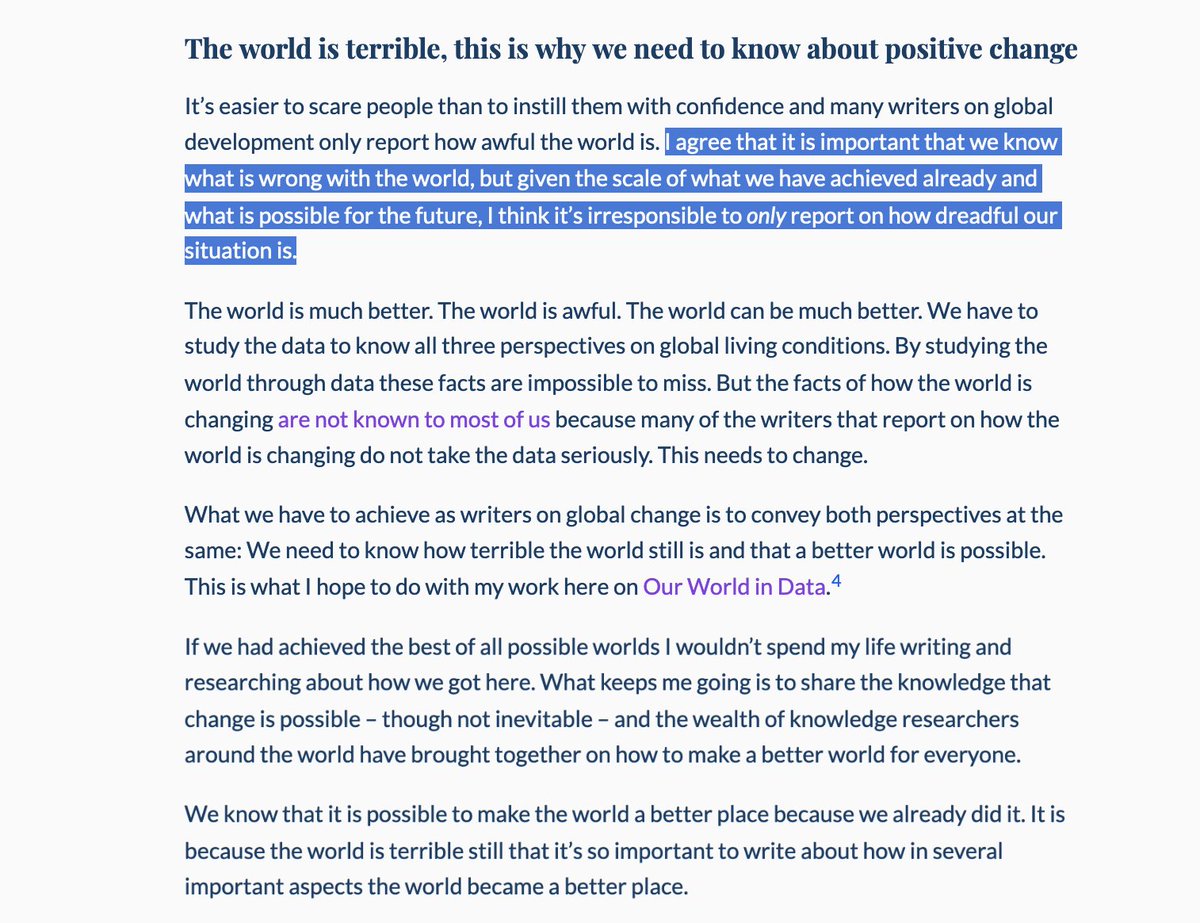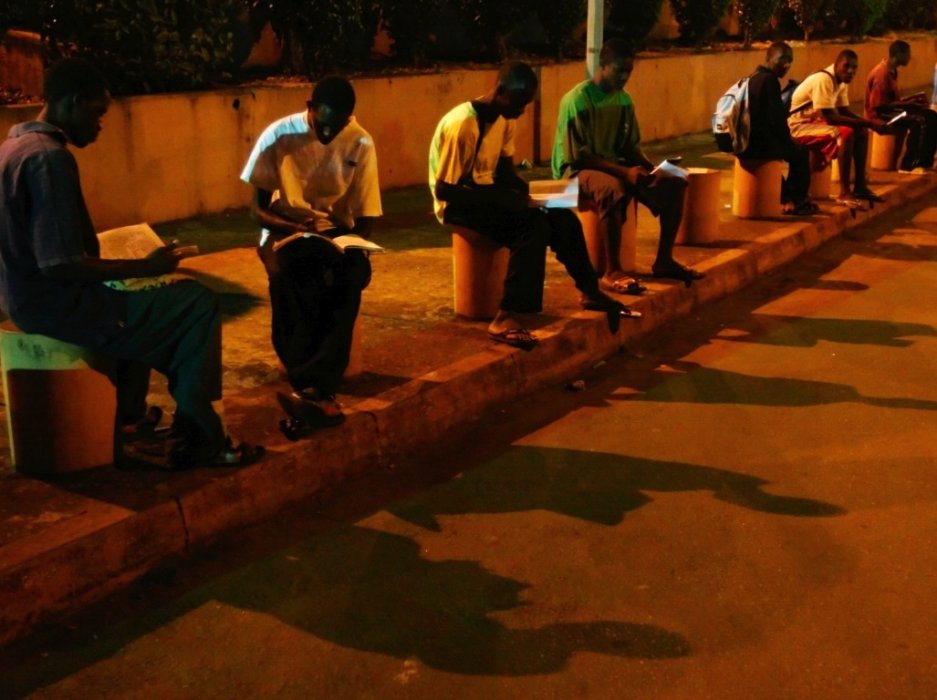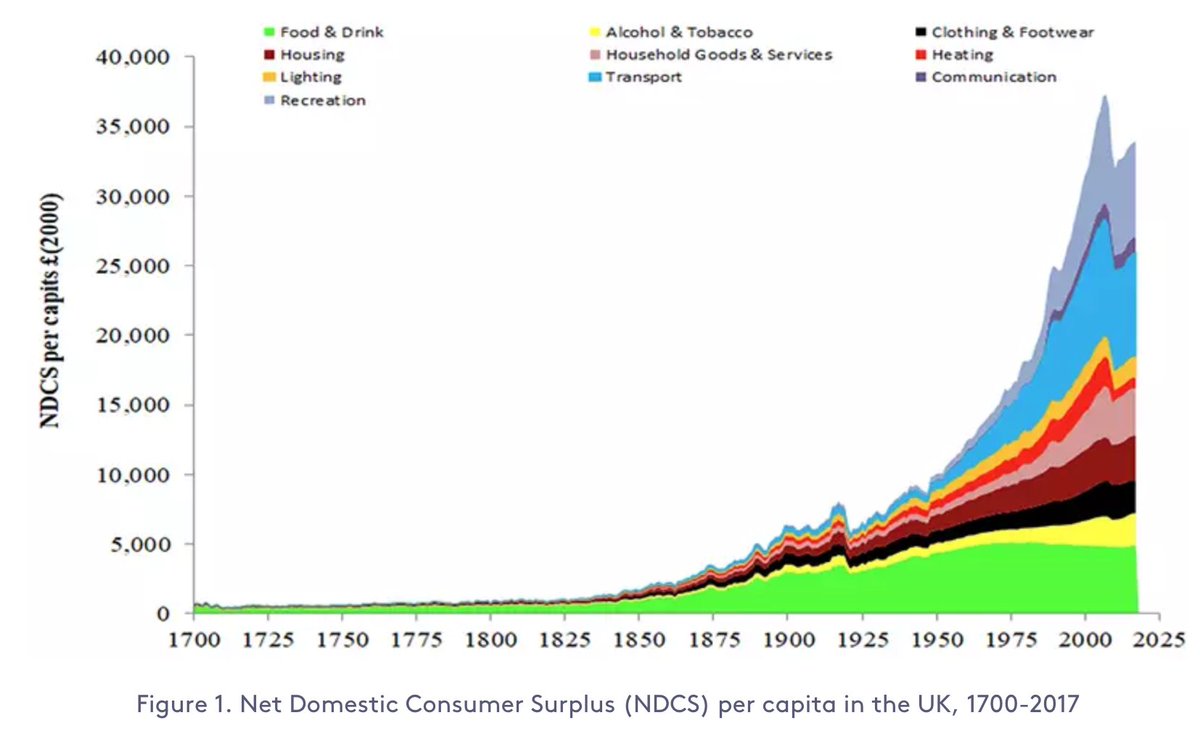
When I make data visualizations I use the software @Tableau.
It is great, though very expensive ($70 per month) – but amazingly, if you are a student, professor, or academic they make it available to you for free.
You can apply for a license here: tableau.com/community/acad…
It is great, though very expensive ($70 per month) – but amazingly, if you are a student, professor, or academic they make it available to you for free.
You can apply for a license here: tableau.com/community/acad…
@tableau All interactive visualizations on @OurWorldInData – for example our COVID Data Explorer ourworldindata.org/coronavirus-da… – are built by us with software that we produce in our team.
We call it Our World in Data Grapher and it’s available open source here github.com/owid/
We call it Our World in Data Grapher and it’s available open source here github.com/owid/
@tableau @OurWorldInData Non-interactive visualizations – one-off visualizations that are a bit more unusual – I almost always start in @tableau.
I load the data, explore it and build the basic visualization there.
Tableau is super powerful and you can do all kinds of things.
I load the data, explore it and build the basic visualization there.
Tableau is super powerful and you can do all kinds of things.

@tableau @OurWorldInData And once I have the main visualization built in Tableau I export it as a pdf and import it into Adobe Illustrator where I finish it all.
I put a title on top, add explanations into the visualization, choose the colors, add source information, etc. etc.
I put a title on top, add explanations into the visualization, choose the colors, add source information, etc. etc.
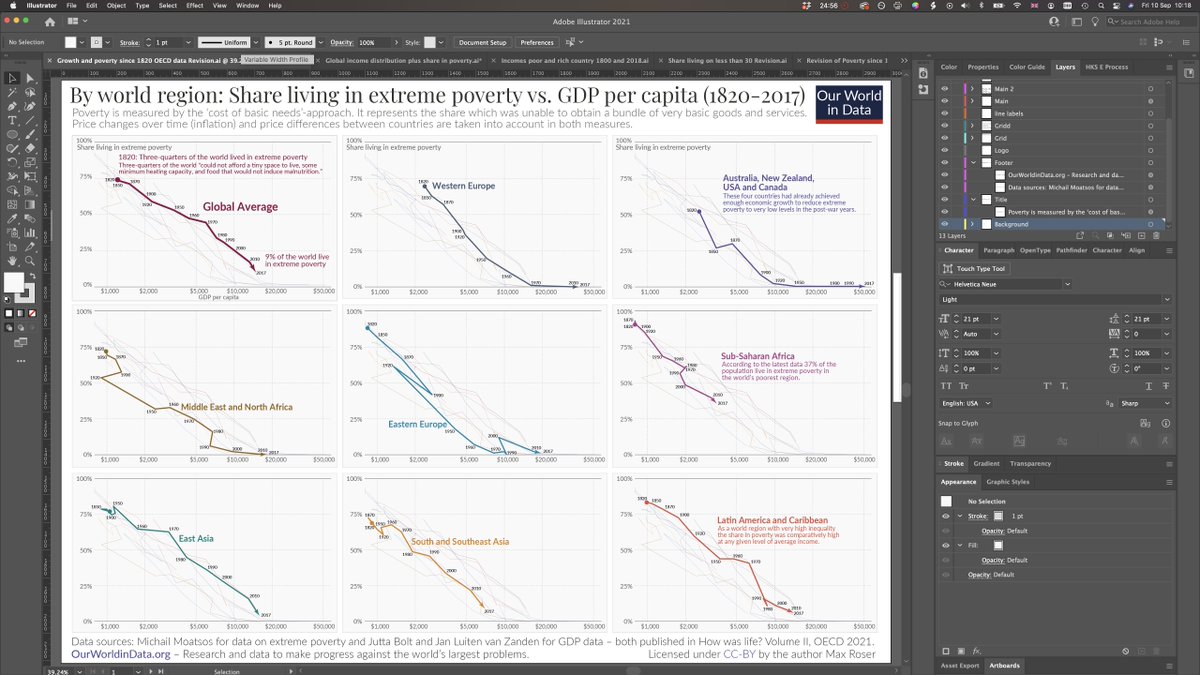
This last point is one of my data-viz-tips for every situation:
I think some people spend way too much time adding nice annotations and titles in their data-analytics software (R, Stata etc.) when it’s much better to export the chart and add those in a graphics-software instead.
I think some people spend way too much time adding nice annotations and titles in their data-analytics software (R, Stata etc.) when it’s much better to export the chart and add those in a graphics-software instead.
Anyways, the main point of this thread was to tell all you academics out there that you can get @tableau for free.
And to thank @tableau for making their awesome software available for free to me and my colleagues at @OurWorldInData. Thank you!
And to thank @tableau for making their awesome software available for free to me and my colleagues at @OurWorldInData. Thank you!
• • •
Missing some Tweet in this thread? You can try to
force a refresh


